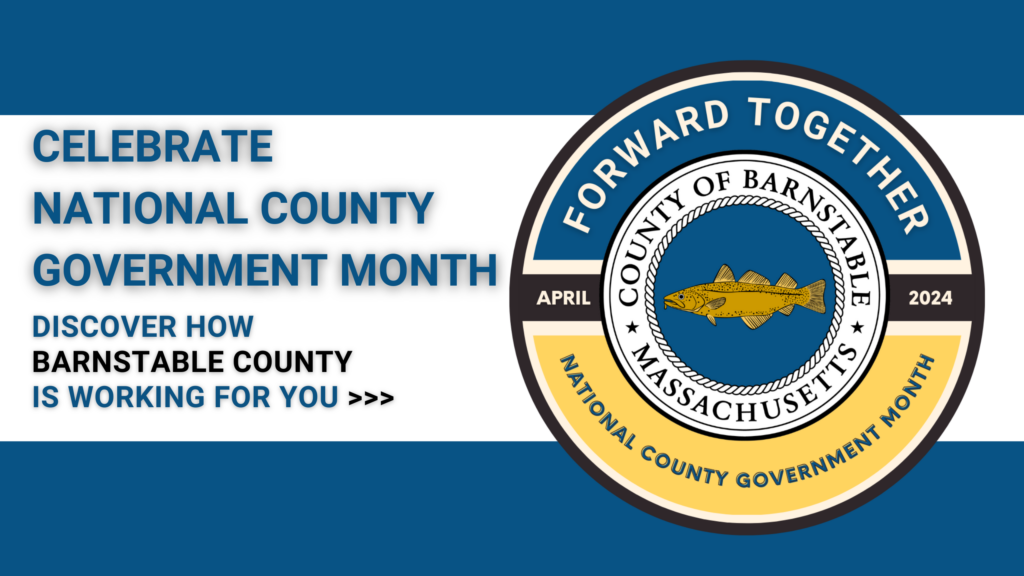-
Spring 2024 Human Rights Academy
Spring 2024 Human Rights Academy
The theme for this one-day student centered event is "I is for Inclusion". Students from across Barnstable County in grades 6 - 12 are invited to attend with their school […]





